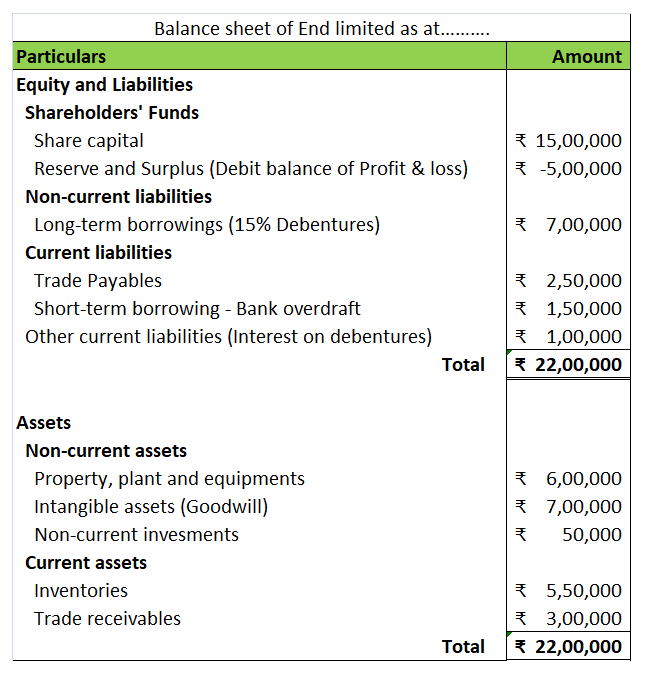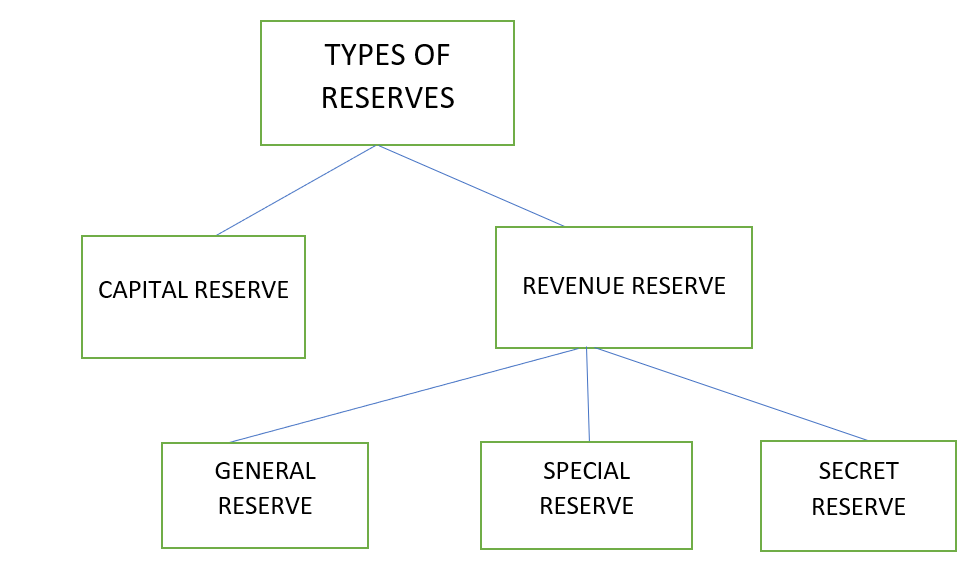Outstanding Income is the income that is due and is being earned but not yet received. The person/ firm has the legal rights to receive that part of the income which it has earned. Outstanding Income is an Asset Account for the business/ the person. According to the modern approach, for Asset AccounRead more
Outstanding Income is the income that is due and is being earned but not yet received. The person/ firm has the legal rights to receive that part of the income which it has earned.
Outstanding Income is an Asset Account for the business/ the person.
According to the modern approach, for Asset Account:
- When there is an increase in the Asset, it is Debited.
- When there is a decrease in Asset, it is Credited.
So the journal entry will be-
For Example, Mr. Rashid works as a laborer in a factory and he earns wages @Rs 500/day.
So by the end of the week, he receives a payment of Rs 3000 of Rs 3500 i.e. he receives payment of 6 days instead of 7 days. So here Rs 500 would be an outstanding income of Mr. Rashid as he has earned that income but has not received it yet.
Journal Entry –
Another example, Yes Bank gave a loan of Rs 10,00,000 to company Ford @ 10% as interest payable monthly. The interest for one month i.e. Rs 1,00,000 has not been received by Yes Bank which is being due. So it will be outstanding income for Yes Bank since it is due but not yet received.
Journal entry-
Accounting Treatment for Outstanding Income-
- Treatment in Income Statement
The Outstanding Income is shown on the credit side of the income statement as the income is earned for the current year but not yet received.
- Treatment in Balance Sheet
Outstanding Income is an Asset for the business and hence shown on the Assets side of the balance sheet.
See less








Yes, sure! But lets us first understand what a revaluation account is. A revaluation account is prepared to recognise the change in the book value of assets and liabilities of an entity. These changes happen when assets and liabilities are revalued to present their fair value. It is a nominal accounRead more
Yes, sure! But lets us first understand what a revaluation account is.
A revaluation account is prepared to recognise the change in the book value of assets and liabilities of an entity. These changes happen when assets and liabilities are revalued to present their fair value.
It is a nominal account because it represents gain or loss in value of assets and liabilities. However such gain or loss is unrealised because the assets and liabilities are not sold or discharged.
After revaluation of assets and liabilities, the balance of the revaluation account can be debit or credit. The debit balance means ‘loss on revaluation’ and credit balance means ‘gain on revaluation’.
The balance of revaluation is transferred to the capital account.
Journal Entries related to Revaluation Account
1. Increase in value of an asset upon revaluation:
2. Decrease in value of an asset upon revaluation:
3. Increase in value of liabilities upon revaluation:
4. Decrease in value of liabilities upon revaluation:
5. Transfer or distribution of the balance of revaluation account
or
Numerical example
P, Q and R are partners of the firm ‘PQR Trading’. They share profits and losses in the ratio 3:2:1. On 1st May 20X1, they decided to admit S for 1/6th share in profits and losses of the firm. Upon the revaluation:
Let’s prepare the revaluation account.

See less